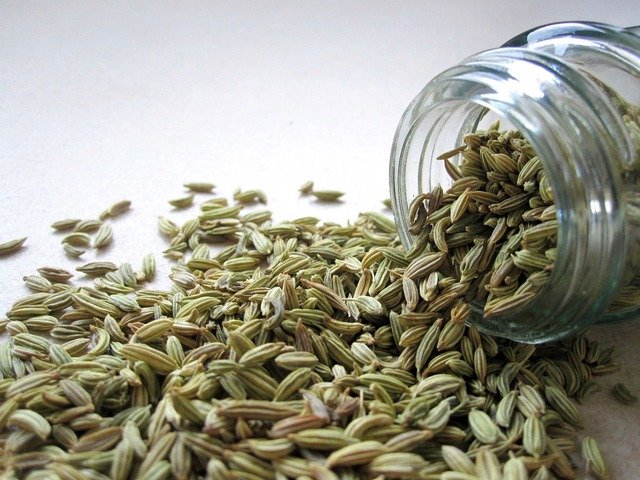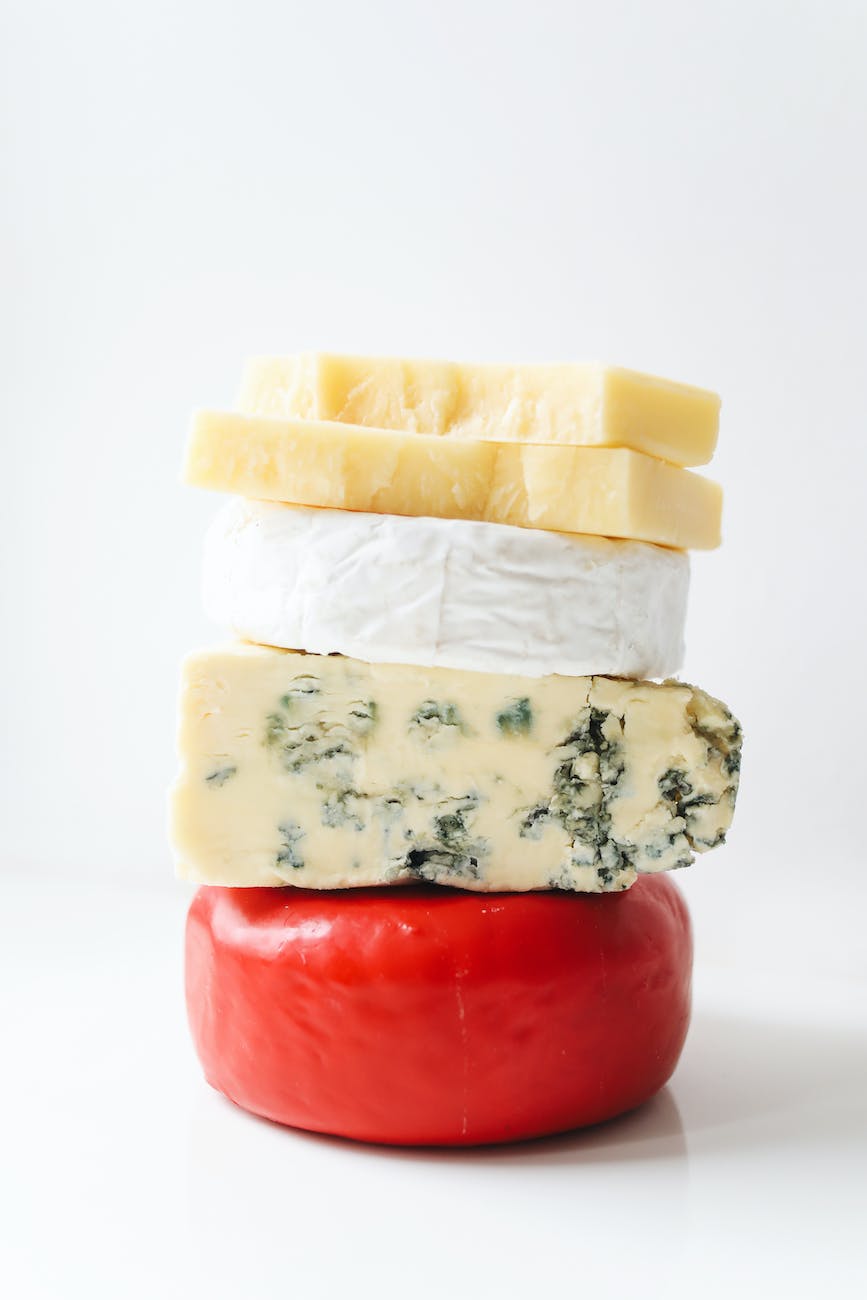
Introduction:
Welcome to the nourishing world of pregnancy nutrition, where every meal contributes to the health and wellbeing of both you and your baby. In this post, we’re focusing on two essential nutrients: Calcium and Vitamin D. These are the building blocks not just for strong bones but also for a healthy pregnancy.
The Crucial Role of Calcium and Vitamin D in Pregnancy:
Calcium is the primary mineral responsible for bone formation, and its demand spikes during pregnancy. Vitamin D, on the other hand, is essential for the absorption of calcium and the maintenance of healthy bone structure. Together, they ensure the proper development of your baby’s skeleton and keep your bones strong.
Understanding the Need:
Pregnancy increases the body’s need for calcium and Vitamin D. Deficiencies can lead to complications such as gestational hypertension and, in the long term, could impact the bone health of both mother and child.
1. Greek Yogurt Parfait with Berries and Nuts:
- Ingredients: Greek yogurt, mixed berries (strawberries, blueberries), a handful of almonds, a drizzle of honey.
- Preparation: Layer Greek yogurt with fresh berries and almonds. Top with a drizzle of honey for natural sweetness.
- Benefits: Greek yogurt is rich in calcium, and almonds provide both calcium and Vitamin D. Berries add antioxidants and a burst of flavor.
2. Salmon and Spinach Quiche:
- Ingredients: Pie crust, eggs, cooked salmon, spinach, cheese, and milk.
- Preparation: Whisk together eggs, milk, and cheese. Stir in cooked salmon and spinach, pour into a pie crust, and bake until set.
- Benefits: Salmon is a great source of Vitamin D, while spinach and dairy contribute calcium.
3. Fortified Cereal with Milk and Sliced Banana:
- Ingredients: High-calcium fortified cereal, milk, banana.
- Preparation: Pour cereal into a bowl, add milk, and top with banana slices.
- Benefits: Fortified cereal and milk are excellent sources of both calcium and Vitamin D, while bananas add potassium and fiber.
4. Broiled Tilapia with Steamed Broccoli:
- Ingredients: Tilapia fillets, broccoli, lemon, olive oil, salt, and pepper.
- Preparation: Season tilapia and broil until cooked. Serve with steamed broccoli seasoned with lemon and olive oil.
- Benefits: Tilapia provides Vitamin D, and broccoli is a good source of calcium.
5. Omelette with Cheese and Kale:
- Ingredients: Eggs, kale, shredded cheese, and olive oil.
- Preparation: Sauté kale, then add beaten eggs and cheese to make an omelette.
- Benefits: Eggs are a good source of Vitamin D, especially the yolks, and cheese is high in calcium.

Maximizing Nutrient Absorption:
To enhance the absorption of these nutrients, ensure your diet includes plenty of Vitamin D, either through sunlight exposure or dietary sources. Avoid excessive intake of caffeine and salt, which can hinder calcium absorption.
Conclusion:
Incorporating calcium and Vitamin D-rich foods into your diet is an easy and delicious way to support your pregnancy. These recipes are just a starting point to inspire your culinary journey as you nourish both yourself and your growing baby.
Engage and Share:
We would love to hear from you! What are your go-to recipes for a calcium and Vitamin D-rich diet during pregnancy? Share your thoughts and experiences in the comments below, and let’s support each other with nutritious, delicious ideas!
FAQs for the Post
- Why are calcium and Vitamin D important during pregnancy? Calcium and Vitamin D play a crucial role in developing the baby’s bones and teeth. They also support the mother’s bone health, preventing osteoporosis and aiding muscle function.
- How much calcium and Vitamin D do I need during pregnancy? Pregnant women typically need around 1,000 milligrams of calcium and 600 IU of Vitamin D per day. However, needs may vary, so it’s important to consult with a healthcare provider.
- Can I get enough Vitamin D from sunlight during pregnancy? Sunlight is a natural source of Vitamin D, but factors like skin type, location, and sun exposure time can affect Vitamin D synthesis. Dietary sources or supplements are often recommended.
- What are some easy ways to include more calcium in my diet? Incorporate dairy products, fortified plant-based milk, leafy greens, and calcium-set tofu into your meals. Snacking on almonds and adding chia seeds to smoothies are also great options.
- Are there vegetarian sources of calcium and Vitamin D? Yes, leafy greens, fortified cereals, and plant-based milk are good vegetarian sources of calcium. For Vitamin D, consider fortified foods and supplements, especially if you’re vegan.
- Can taking too much calcium or Vitamin D be harmful during pregnancy? Excessive intake of calcium or Vitamin D can lead to health issues. It’s important to stick to recommended amounts and consult with a healthcare provider before taking supplements.
- What foods are rich in both calcium and Vitamin D? Foods like fortified dairy products and certain types of fish (like salmon) are rich in both calcium and Vitamin D. Fortified plant-based milk and cereals can also provide both nutrients.
- How do these nutrients help with the baby’s development? Calcium is essential for building a strong skeletal structure, and Vitamin D ensures proper calcium absorption, supporting the overall growth and development of the baby.
- Are calcium and Vitamin D supplements recommended during pregnancy? Supplements may be recommended, especially if dietary intake is insufficient. It’s best to consult a healthcare provider for personalized advice.
- What are some quick and healthy calcium and Vitamin D-rich snacks? Greek yogurt with almonds, cheese slices with whole-grain crackers, and fortified cereal with milk are quick, healthy options rich in calcium and Vitamin D.
Blog Tags
pregnancy nutrition, calcium-rich foods, Vitamin D sources, healthy pregnancy, fetal bone development, maternal health, dairy products, fortified foods, bone health, nutritious recipes














